








RC Plane Hobby – A Guide to the Ultimate Flying Experience
If you’re reading this, you’re probably interested in taking your hobby to new heights. The world of RC planes is vast, and it’s easy to get lost in the excitement of choosing and flying different models. But don’t worry! With our guide, you’ll learn everything you need to know about the RC plane hobby, from selecting the right plane to finding the best flying locations. Let’s get started!
1. Choosing Your RC Plane
The first step in your journey is choosing the plane that fits your needs. But with so many models available, how do you decide? Start by thinking about what kind of flying experience you’re looking for. Beginner planes are great for those just starting out, while more advanced models are perfect for pilots looking to take their skills to the next level.
When choosing a plane, also consider factors like size, power source, and build complexity. Electric-powered planes are great for beginners, as they’re low-cost, easy to maintain, and quiet. Gas-powered planes offer an authentic flying experience, but require more maintenance and expertise. And for those looking for a challenge, building your own kit plane can be a rewarding and personalized experience.
2. Setting Up Your RC Plane
Now that you’ve chosen your plane, it’s time to set it up. Before taking your first flight, make sure to carefully read and follow the manufacturer’s instructions. This will help you avoid common mistakes and keep your plane in good condition.
Next, assemble your plane with the proper tools in a low-traffic area. Once assembled, perform a pre-flight check to ensure everything is in working order. Check the battery, control surfaces, and all components for any signs of damage or wear.
3. Flying Your RC Plane
With your plane set up, it’s time to take to the skies! But before you do, it’s important to know a few key flying techniques. Start by practicing on a simulator or with a trainer plane. This will help you get used to the controls and develop essential flying skills.
When flying, make sure to always keep your plane in sight and avoid flying over people or property. Stay within your skill level and be aware of weather conditions. And if you encounter any issues during your flight, stay calm and land your plane safely.
4. Finding the Best Flying Locations
Part of the fun of RC planes is exploring new flying locations! But not all areas are suitable for flying. Look for open, flat areas away from buildings, trees, and other obstructions. Public parks and designated RC flying fields are great options, as they often have designated areas for flying and offer a supportive community of pilots.
5. Maintaining Your RC Plane
Like any hobby, RC planes require regular maintenance to stay in top condition. After each flight, inspect your plane for any signs of damage or wear. Clean it thoroughly and store it in a cool, dry, and secure location.
Perform routine maintenance like battery checks, lubrication, and parts replacement as needed. And don’t forget to periodically upgrade and customize your plane to suit your preferences and flying style.
FAQs:
1. What is the best RC plane for beginners?
A: The best RC plane for beginners is one that offers ease of use, simplicity, and durability. Look for models like the E-Flite Apprentice, HobbyZone Carbon Cub, or ParkZone Sport Cub S2 that offer beginner-friendly features like safe technology and trainer mode.
2. Do I need a license to fly an RC plane?
A: No, you do not need a license to fly an RC plane, as long as you are flying for hobby or recreational purposes. However, certain safety regulations and flight restrictions may apply in some areas.
3. How long does the battery last on an RC plane?
A: Battery life can vary depending on factors like the model, power source, and flying conditions. Most electric-powered planes can fly for 10-20 minutes on a single charge.
4. Can I fly my RC plane indoors?
A: It’s generally not recommended to fly RC planes indoors, as the confined space can make it difficult to control the plane and avoid obstacles. Outdoor areas with plenty of open airspace are best for flying.
5. How do I know if my RC plane is legal to fly?
A: Check with your local aviation authority to find out about any regulations or restrictions on RC plane flying in your area. You may also need to obtain permission from property owners or local authorities before flying in certain locations.
Conclusion:
With our guide, you’re well on your way to becoming an RC plane hobbyist extraordinaire! Remember to choose the right plane for your skill level, set it up properly, and practice safe and responsible flying. Explore new flying locations, maintain your plane regularly, and have fun soaring through the skies. Happy flying!
Price: $349.99
(as of Mar 08, 2023 07:36:05 UTC – Details)


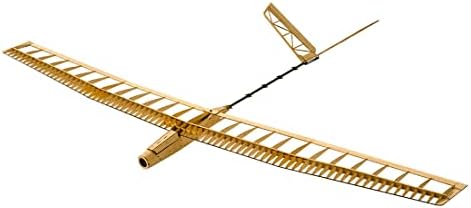
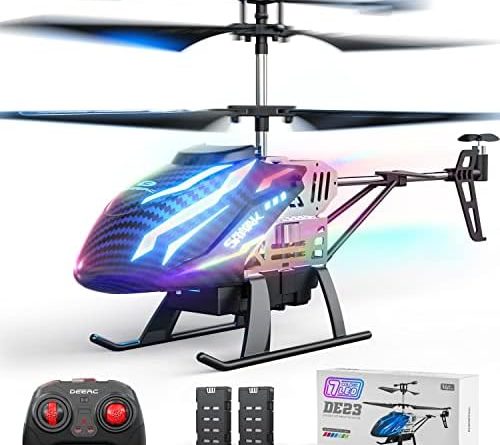
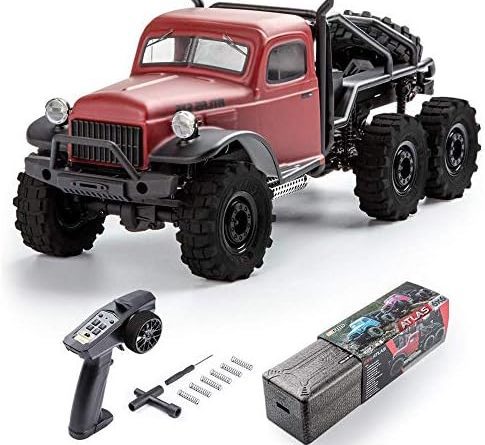
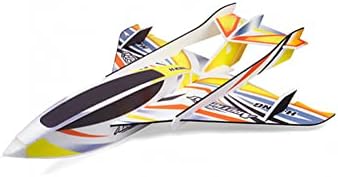
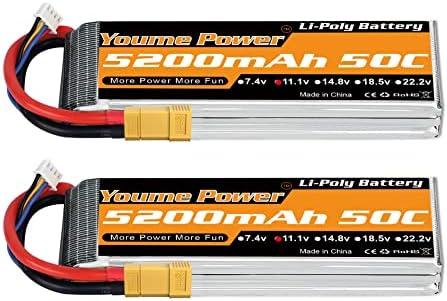
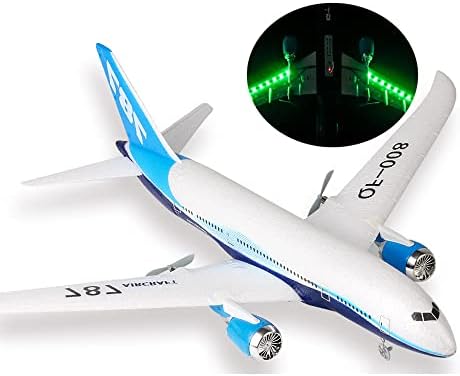
1 Comment